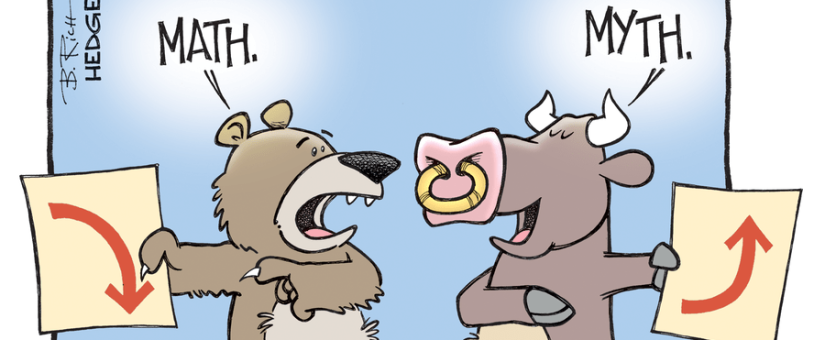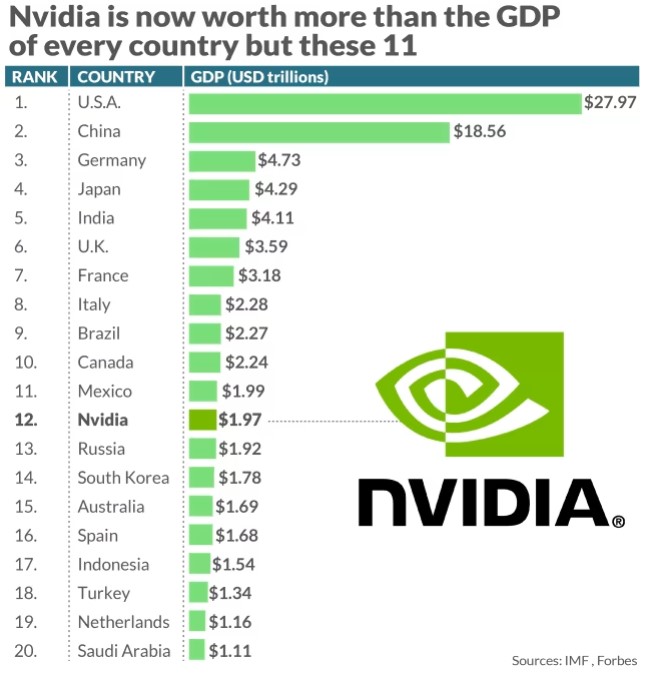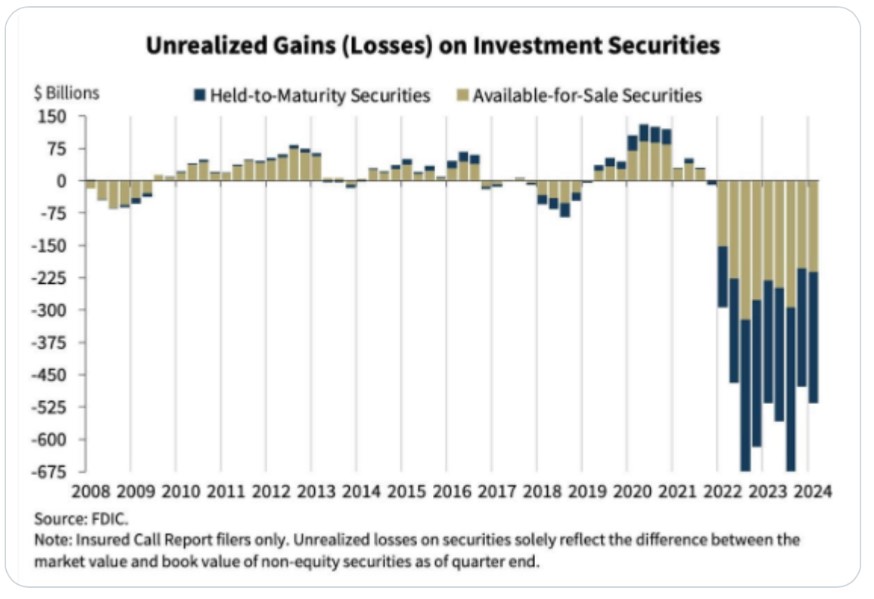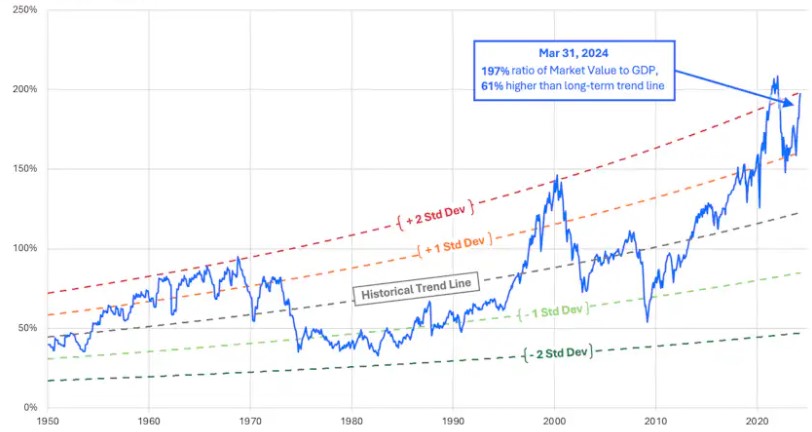
Dancing with Bulls: A Market in Overdrive
- Posted by Danny Callan
- On May 7, 2024
- 2 Comments
Note: These brief market views reflect what’s on my mind and serve as a way to document my thoughts. I’ll post whenever I think it’s worth documenting, without committing to a fixed schedule.
Personal Insights
For the past few months, investors have largely believed that the economy is stable and a recession is not a significant threat. I think it’s wrong for many reasons. From the data I’ve been reading, it suggests that small to medium-sized business owners are struggling. There is an expectation that the Federal Reserve is going to lower interest rates to ensure a soft landing. This optimism has fueled a rally in risk assets from February through April. However, with inflation persisting and the labor market showing slight weakness, I don’t understand how the Federal Reserve can cut rates. The Federal Reserve has two mandates: price stability and full employment. Cutting rates would likely fuel more excessive buying in risk assets and create further division between rich and poor.
I believe the economy has large structural problems due to excessive debt, stagnant wage growth, high living costs, significant inequality, and vulnerabilities in the banking sector. The market has been moving due to only a number of companies, primarily benefiting mega-cap tech stocks like NVIDIA. Over the past month, the tech sector has gained over 8%, while the equal-weighted S&P 500 has only risen by 2%. This narrow market movement highlights underlying economic vulnerabilities, masked by the performance of a few large tech companies.
A significant narrative driving recent market activity is the hype around artificial intelligence (AI). While I believe AI is incredibly powerful and transformative, I don’t think it can justify some of the current stock valuations. This raises the question: when does something become overvalued? Are these stocks priced to perfection? You have one company (Nidivia) what is now worth more than the German stock market. The amount of euphoria is fascinating; I see it in all the Reddit forums and crypto Telegram chats. Many people are gambling on meme coins while we face numerous issues with the economy and credit. I’m finding it incredibly hard to get bullish due to systemic reasons in the banking sector.
 Moreover, inflation is not at the Fed’s 2% target, and the labor market is stagnant. How the Fed can cut rates blows my mind. I personally don’t believe they will unless we see large failures in credit markets. Reducing rates would make the US less attractive to foreign investors. This is because lower interest rates generally lead to lower yields on bonds, making them less appealing compared to bonds from countries with higher rates.
Moreover, inflation is not at the Fed’s 2% target, and the labor market is stagnant. How the Fed can cut rates blows my mind. I personally don’t believe they will unless we see large failures in credit markets. Reducing rates would make the US less attractive to foreign investors. This is because lower interest rates generally lead to lower yields on bonds, making them less appealing compared to bonds from countries with higher rates.
Additionally, balance sheet impairments are a huge concern. Unrealized losses in the U.S. banking system increased to $517 billion in Q1. Banks are playing “extend and pretend” with bad debts, which won’t end well. This approach to handling impaired assets involves extending the terms of loans to avoid immediate recognition of losses, but it merely postpones the inevitable reckoning and increases systemic risks.
 Ultimately, I think the Fed faces a choice between saving the economy or saving the dollar. Reducing rates would make the US less attractive to foreign investors, who would be reluctant to buy bonds knowing the US is likely to print more money, devaluing the bonds over time, especially considering the US is already involved in two proxy wars.
Ultimately, I think the Fed faces a choice between saving the economy or saving the dollar. Reducing rates would make the US less attractive to foreign investors, who would be reluctant to buy bonds knowing the US is likely to print more money, devaluing the bonds over time, especially considering the US is already involved in two proxy wars.
In summary, I’m finding it hard to be bullish considering all the economic data. I surprisingly don’t have FOMO as I believe this will end badly. I think the Fed needs to see weakness in the labor market and a further decline in inflation before they reduce rates. Just cutting rates because people want asset prices to go up, in my opinion, is irrational.
The Buffett Indicator, which compares the total value of the stock market to GDP, is currently at 197%, approximately 60.88% (or about 2.0 standard deviations) above the historical trend line. This suggests that the stock market is strongly overvalued relative to GDP, adding to the concerns about the sustainability of current market valuations.

Economic Highlights
-
- FED: The Fed maintained its interest rate at 5.25% to 5.5%, citing persistent inflation concerns (J.P. Morgan | Official Website) (Deloitte United States).
- GDP Growth: U.S. GDP grew by 0.3% in Q1 2024, indicating modest economic expansion (BEA).
- Employment and Wages: Unemployment rose to 3.9% in April 2024, with wage growth slowing to 3.9% year-over-year (Deloitte United States).
- Consumer Spending: Consumer spending increased by 0.8% in March 2024, driven by savings and rising debt (BEA) (Deloitte United States).
- Global Economic Outlook: The IMF projects global economic growth at 3.2% for 2024 and 2025, with a slight slowdown in emerging markets (IMF).
- Persistent Inflation: Inflation remains above target, eroding purchasing power and tightening financial conditions (J.P. Morgan | Official Website) (Deloitte United States).
- Geopolitical Tensions: Geopolitical tensions are disrupting trade and economic activity, impacting growth prospects and raising energy prices (Deloitte United States).
Market Snapshot
-
- Stock Market: U.S. stocks are experiencing a mixed performance, with the S&P 500 showing modest gains and broader participation across sectors as investor optimism about potential Federal Reserve rate cuts grows (BlackRock) (Fidelity Invest).
- Bonds: Bond yields remain high due to persistent inflation and expectations that the Federal Reserve will keep interest rates elevated, impacting bond prices inversely (Schwab) (Fidelity Invest).
- Commodities: Commodity prices are volatile, with oil prices rising due to geopolitical tensions affecting the supply and demand dynamics of various commodities, including metals and agricultural products (Nasdaq Data & News) (Schwab).
- Forex: The U.S. dollar continues to show strength, supported by high interest rates and economic resilience, despite global economic uncertainties and varying monetary policies across regions (BlackRock) (Fidelity Invest).


2 Comments